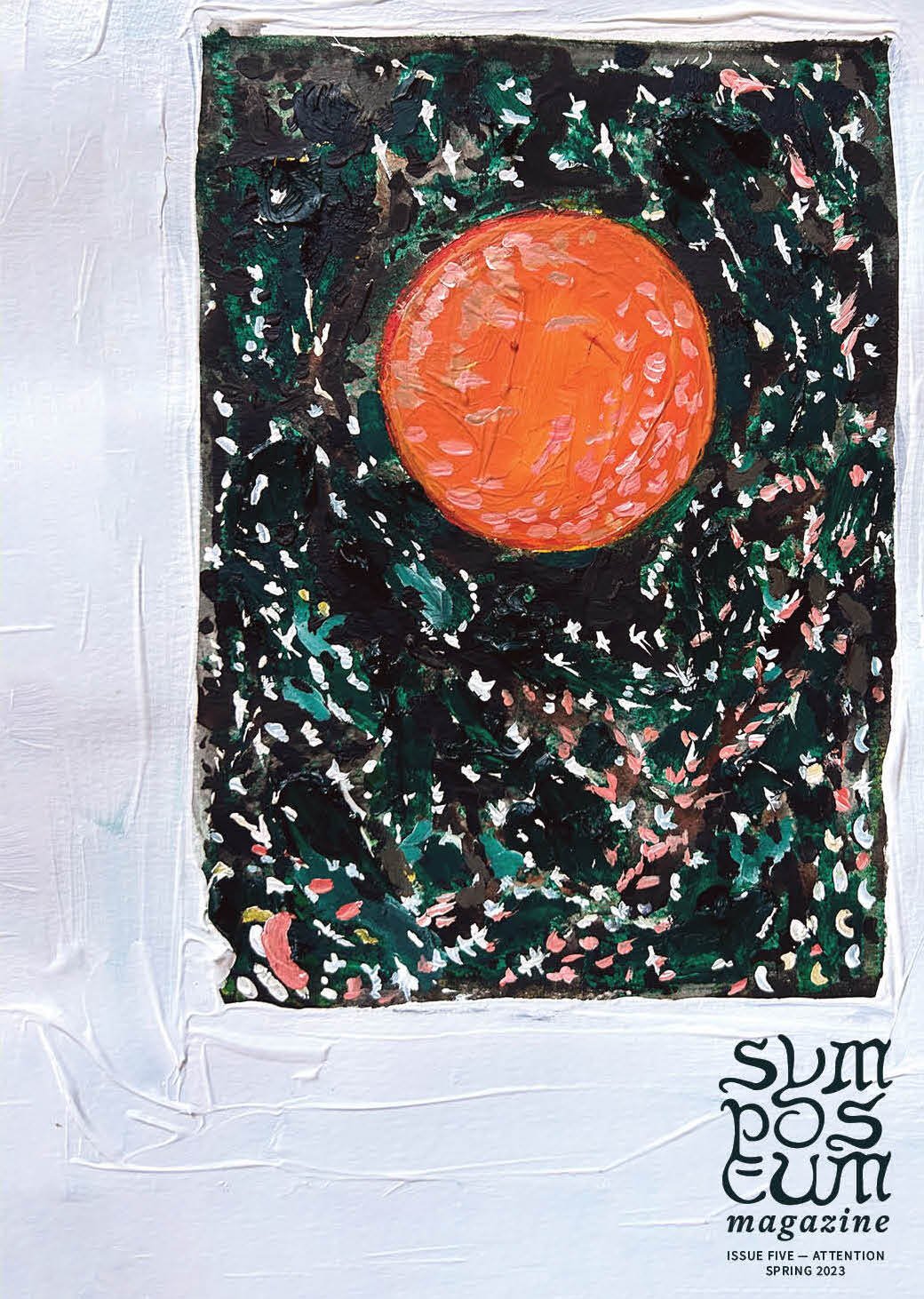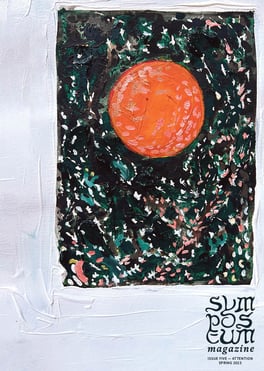Social media: a requiem - Issue #334

15 years ago, I sat in a group of b-school students trying to explain to our skeptical professor that social media was useful. He wasn't just a curmudgeon: a successful entrepreneur (oil, business schools), he wasn't interested in fluff but in what actually works. We tried to talk about how views would lead to engagement which would lead to ... leads? The case was weak. We sounded like those social media mavens giving talks to your chambers of commerce through the late aughts and 2010s.
I wasn't quite a social media maven, but I did start my Twitter account in 2007 and spent forever on Facebook and Instagram during the subsequent decade. At one point, I was the "mayor" of a few places on Foursquare. There's probably thousands of hours of my life posting hot takes, retweeting similar with 🔥 emojis, and aiming for the quick chuckle or the most likes. There were moments where I was even good at it: a minor radio celebrity RT'd one of my jokes about curling during the Olympics and I gained a lot of followers.
But what was it all for? I never became even a minor social media star. I was in it pretty heavily for about ten years, and about all I got was a small stuffed animal and box of cinnamon rolls from the Pillsbury "influencer marketing" team. I think it was some combination of vague, hopeful vanity and a pastime.
In the first link this week, Willie Staley's requiem for Twitter had this haunting line:
What's disconcerting is how easy it was to pass all the hours this way. The world just sort of falls away when you’re looking at the feed.
That's exactly it. When I was watching the State of the Union or dealing with a afternoon of office work or catching part of a day baseball game, that little itch of boredom found relief in the Twitter feed. It felt like you were actually doing something when in reality you twiddling your thumbs.
Reading
What Was Twitter, Anyway?Whether the platform is dying or not, it's time to reckon with how exactly it broke our brains. |
|
Social media is doomed to dieAfter seven years at Snapchat, I finally learned the truth about why our most important apps seem destined to disappoint us. |
|
An Invitation of AttentionTo realize that something other than oneself is real, wrote the philosopher and novelist Iris Murdoch, is extremely difficult. She called this realisation love. Love (understood as eros: love for reality) fuels attention. Attention is what gives us vision beyond seeing, knowledge beyond the immediately visible. |
|


